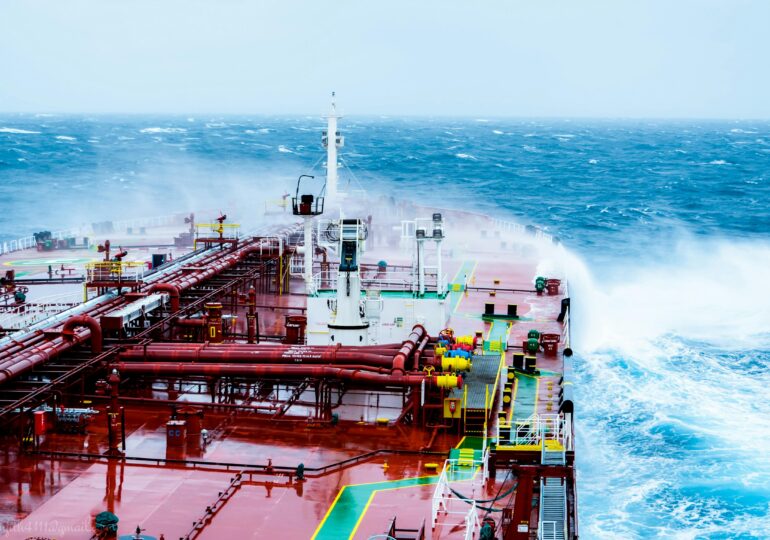The EU adopted, on Friday, an 18th package of sanctions against Russia.
Reuters explains what this new package of sanctions means and what impact it could have.
A central element of the package is reducing the price cap for Russian oil by 15% below the market price average of the last three months.
Currently, the cap stands at around 47.6 dollars per barrel, below the current limit of 60 dollars imposed by the G7.
The agreement prohibits transportation, insurance, and reinsurance companies from operating with tankers carrying Russian oil above this value.
In addition, the EU bans the import of refined oil products from Russian oil (except those from countries like Norway, the USA, or the UK) and adds another 105 vessels to the blacklist, totaling over 400 tankers from the "phantom fleet" - the unofficial fleet used to circumvent sanctions.
This new package of sanctions prohibits any transactions related to the Nord Stream pipelines (currently halted), including the provision of goods and services for these projects.
The EU has strengthened financial sanctions by adding 22 banks to those banned from the SWIFT international payment system.
Another 26 organizations (from China, Hong Kong, Turkey, etc.) are added to the blacklist for complicity in circumventing sanctions. Various categories of products exported to Russia are also targeted: chemicals, industrial components, and technological equipment.
The delay in this package of sanctions was caused by the repeated vetoes of Slovakia and Malta.
In Slovakia's case, Prime Minister Robert Fico requested guarantees regarding future gas imports, being assured by the Commission that emergency interventions and compensations could occur in case of price increases or shortages.
Malta and other maritime states expressed concerns about the impact on the transport industry but eventually aligned.
Impact and Perceptions
- Kaja Kallas, the head of EU diplomacy, stated on X that it is "one of the most powerful packages of sanctions to date".
- Ursula von der Leyen asserts that the sanctions "directly hit the heart of Russia's military capacity," targeting sectors such as energy, finance, and the military industry.
- ''This decision is crucial and comes at a good time,'' reacted Ukrainian President Volodymyr Zelensky on the social network X.
- The French Foreign Minister, Jean-Noël Barrot, expressed satisfaction with the "unprecedented" sanctions, while German Chancellor Friedrich Merz assured that they "maintain pressure on Russia."
- Obstacles remain: the US did not support the reduction of the cap, so the EU's effective enforcement capacity is limited by its dependence on the dollar and the American banking system.
Conclusion
This package intensifies the economic pressure on Russia by consolidating energy and financial sanctions.
Even with limitations in enforcement, the EU's tactic underscores the goal of eroding the Kremlin's resources and compelling Vladimir Putin to abandon aggression in Ukraine.

